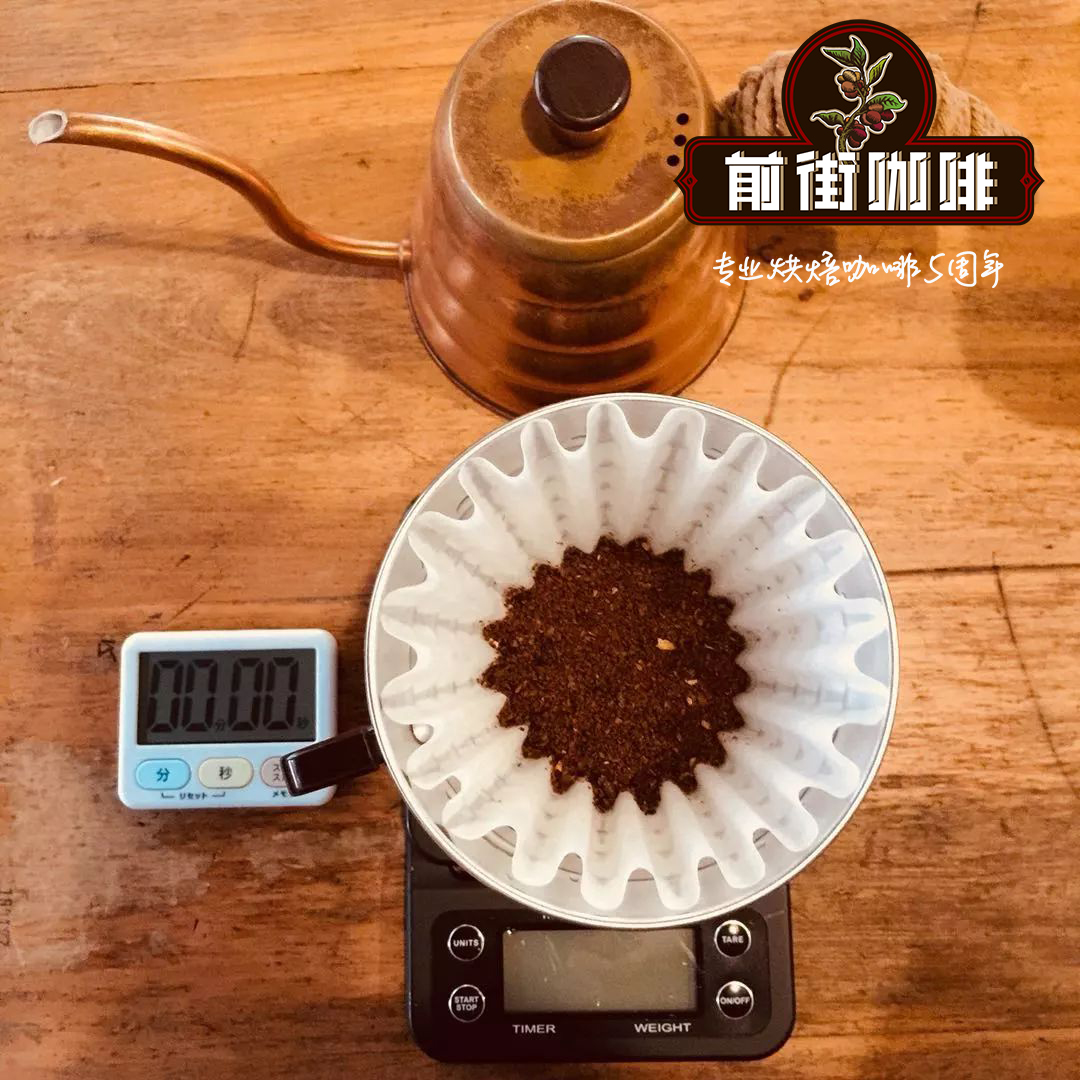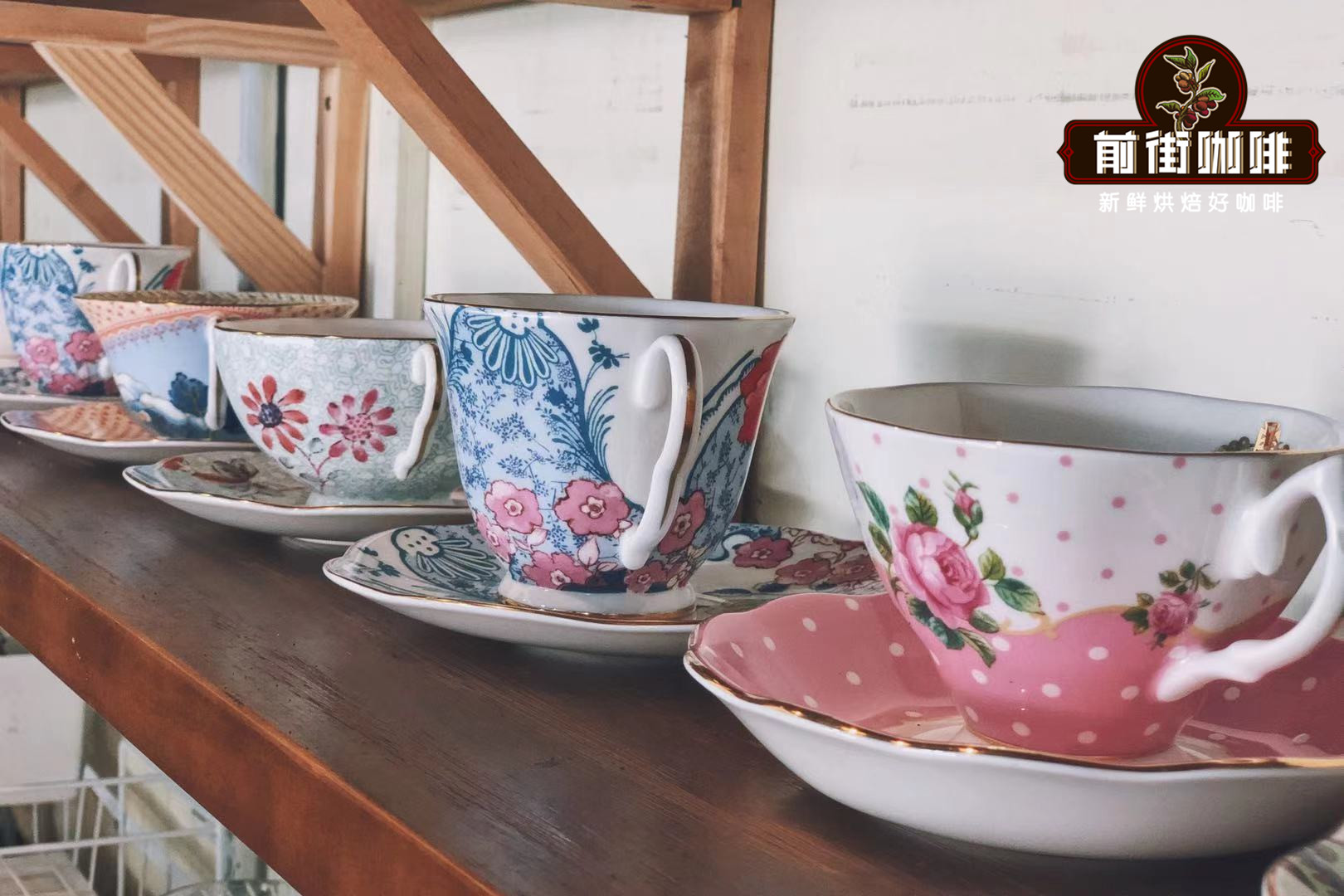How long is the shelf life of tomoca coffee? how long is it better to drink tomoca coffee correctly?

Professional coffee knowledge exchange more coffee bean information please follow the coffee workshop (Wechat official account cafe_style)
Coffee cultivation originated in East African countries. Ethiopia grew wild coffee 1000 years ago, so we are not surprised that Ethiopians take coffee drinking very seriously.
Because of this, Ethiopians still have an etiquette for making coffee at home.
The raw beans were baked over a charcoal fire at the ceremony, and each participant was invited to taste the greasy taste of the baked beans. Before the beans are ground, they put the beans with sticks and bowls on the ground, repeat them twice, and then put them in a clay pot called Jebena.
It took more than an hour to make this delicious coffee, and a group of Ethiopians said there was no time to make it.
Ethiopia's economy continues to grow strongly, and more young professionals in Addis Ababa are interested in buying baked beans or patronizing coffee shops to choose their favorite drinks.
In this era of prosperity, the number of independent coffee roasters and coffee shops in the country is increasing, and some are even seeking to expand overseas.
The family-style tomoca coffee shop, perhaps the most famous in Yardis, attracts guests from the chimney with the smell of freshly roasted coffee.
The coffee shop, located on the city's main commercial street, opened in 1953 and was one of the few roasted coffee shops in Ethiopia at that time.
Ethiopia has a long and proud history of coffee making.
Since 1991, especially in the past few years, thanks to the rapid development of the Ethiopian economy, the tomoca coffee business has grown by 9 per cent in 2012 and 10.4 per cent in 2013.
The truth about Ethiopian coffee
Two coffee varieties originated in Ethiopia-the expensive Arabian species and the less well-known Robusta species
The Arabian species has a better flavor and less caffeine than the Robusta species, but grows only at high altitudes and is a commercial species grown in Ethiopia.
There are 5000 different Arab species in Ethiopia. There are only about 20 species in other countries, such as Brazil and Colombia.
Ethiopia is the seventh largest coffee producer in the world.
In Ethiopia, more than half of the harvest is exported every year.
A group of people in Adis are now rich and go out to enjoy coffee. Today tomoca Coffee has five branches and its turnover is growing by 70 per cent a year.
Wondwossen Meshesha says Tomoca is about making up for lost time.
The company also has a special coffee roaster outside the city, supplying supermarkets.
Wondwossen Meshesha, the executive manager of Tomoca's, said that after more than 60 years of establishment, the company can finally make some decent money.
"now is the time to profit from our history. "said the 28-year-old manager. "our customers are really entering the brand. "
The influence of Starbucks
Getachew Woldetsadick, marketing manager of Alem Bunna, another coffee shop in Adis, said: "the coffee shop culture in the city has flourished because of the busy life of young professionals . "
"they don't have time to sit at home and spend an hour baking coffee. "he said.
Getachew Woldetsadick says young people are too busy to bake their own coffee beans.
Some customers said they were attracted by the quality of the coffee in the store.
"I work around here, so I come here every day-I like this style. Said Tesfaye Abdissa, a 27-year-old accountant. Mokarar is located inside, another coffee shop in Adis.
"the secret to keeping coffee shops popular is to use old wood ovens to bake coffee beans," said Tigist Tegene, the owner of Mokarar'. Customers like the luster and taste of baking with old charcoal. "she said.
The founder of Kaldi's Coffee has been affected by several trips to the United States.
The founder of Kaldi's Coffee followed his pilot husband to the United States and was inspired by Starbucks to use green and white badges.
Mrs Tseday now has 22 stores in Adis, and people use "Short" and "Tall" for coffee.
Looking for a partner
And with the continuous growth of the domestic market, tomoca Coffee is now focused on increasing overseas sales.
Customers around the world can already buy coffee beans by mail, and a partner distributes Tomoca coffee to restaurants, department stores and coffee shops in Japan.
Eyerusalem Mesele (left) won't worry about foreigners opening coffee shops in Addis Ababa.
Tomoca's Mr Wondwossen says the company wants to sign similar partnerships in North America and Europe to open coffee shops under their own brand names.
"We need partners and we can't do it on our own. "Mr Wondwossen said.
Closer to Ethiopia, the company also plans to expand to neighboring Djibouti, Kenya and Sudan.
Alem Bunna is also looking for foreign partners to help them expand into new African markets, followed by Europe and Asia.
Invade a foreign country?
These small coffee roasters and shops have turned their attention to foreign countries, and they may soon face competition from domestic to large foreign coffee chains.
As for the government's current ban on foreigners opening coffee shops in Ethiopia, this rule is expected to be overturned in the near future.
Geoff Watts, vice president of Intelligentsia Coffee, a baking company in Chicago, said he expected many companies around the world to enter Ethiopia.
"some large coffee chains will be interested in the Ethiopian market, where people appreciate coffee and consume a lot of money per person. "he said.
The local coffee industry, which is booming in Addis Ababa, says it is not worried about potential foreign competitors.
Eyerusalem Mesele, 19, who runs a coffee shop with a live band, said: "customers come because of my friendliness, and they prefer traditional coffee. "
Important Notice :
前街咖啡 FrontStreet Coffee has moved to new addredd:
FrontStreet Coffee Address: 315,Donghua East Road,GuangZhou
Tel:020 38364473
- Prev

Where does tomoca coffee come from in Ethiopia? what is the characteristic flavor of tomoca coffee?
Professional coffee knowledge exchange more coffee bean information please follow the footsteps of coffee workshop (Wechat official account cafe_style) set foot in Africa for the first time, to Ethiopia! When it comes to Ethiopia, most people's first impressions are famine. But in fact, the last great famine was 30 years ago, and now Ethiopia, the problem of famine has not been taken seriously.
- Next

The taste of cat poop coffee Why popular Authentic cat poop coffee beans Taste Flavor Characteristics Story
Professional coffee knowledge exchange More coffee bean information Please pay attention to coffee workshop (Weixin Official Accounts cafe_style) Cat poop smells bad, cat poop coffee is surprisingly fragrant! Kopi Luwak, known as one of the world's ten most expensive coffees, originates from an animal called the civet on the Indonesian island of Sumatra. Civets are wild omnivores, as locals like to call them
Related
- Detailed explanation of Jadeite planting Land in Panamanian Jadeite Manor introduction to the grading system of Jadeite competitive bidding, Red bid, Green bid and Rose Summer
- Story of Coffee planting in Brenka region of Costa Rica Stonehenge Manor anaerobic heavy honey treatment of flavor mouth
- What's on the barrel of Blue Mountain Coffee beans?
- Can American coffee also pull flowers? How to use hot American style to pull out a good-looking pattern?
- Can you make a cold extract with coffee beans? What is the right proportion for cold-extracted coffee formula?
- Indonesian PWN Gold Mandrine Coffee Origin Features Flavor How to Chong? Mandolin coffee is American.
- A brief introduction to the flavor characteristics of Brazilian yellow bourbon coffee beans
- What is the effect of different water quality on the flavor of cold-extracted coffee? What kind of water is best for brewing coffee?
- Why do you think of Rose Summer whenever you mention Panamanian coffee?
- Introduction to the characteristics of authentic blue mountain coffee bean producing areas? What is the CIB Coffee Authority in Jamaica?

